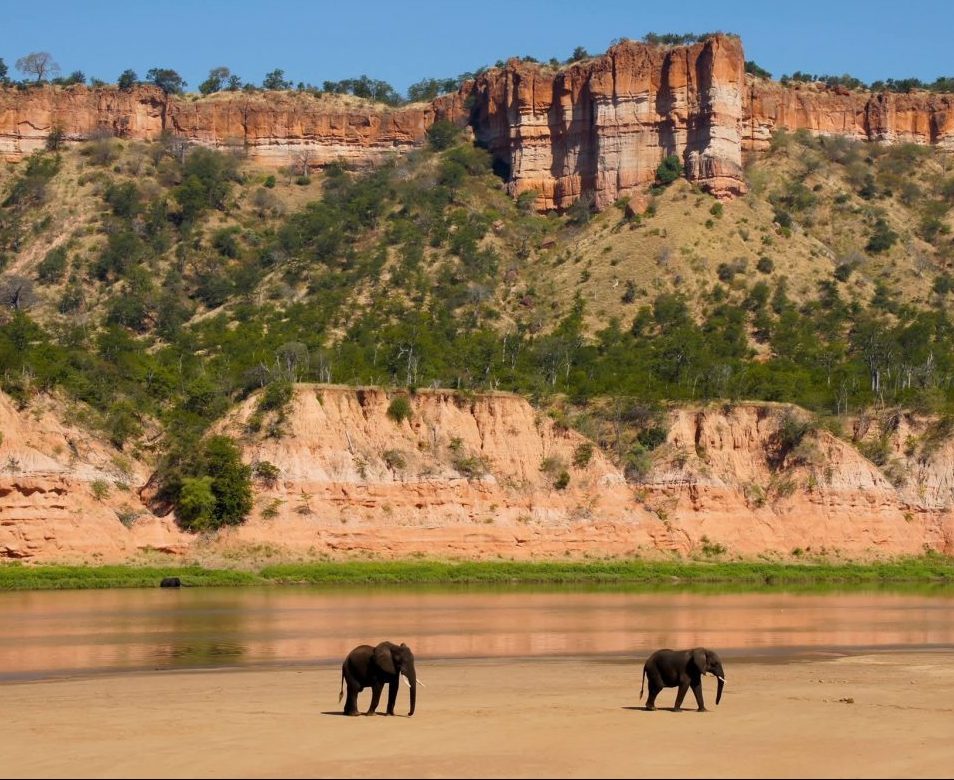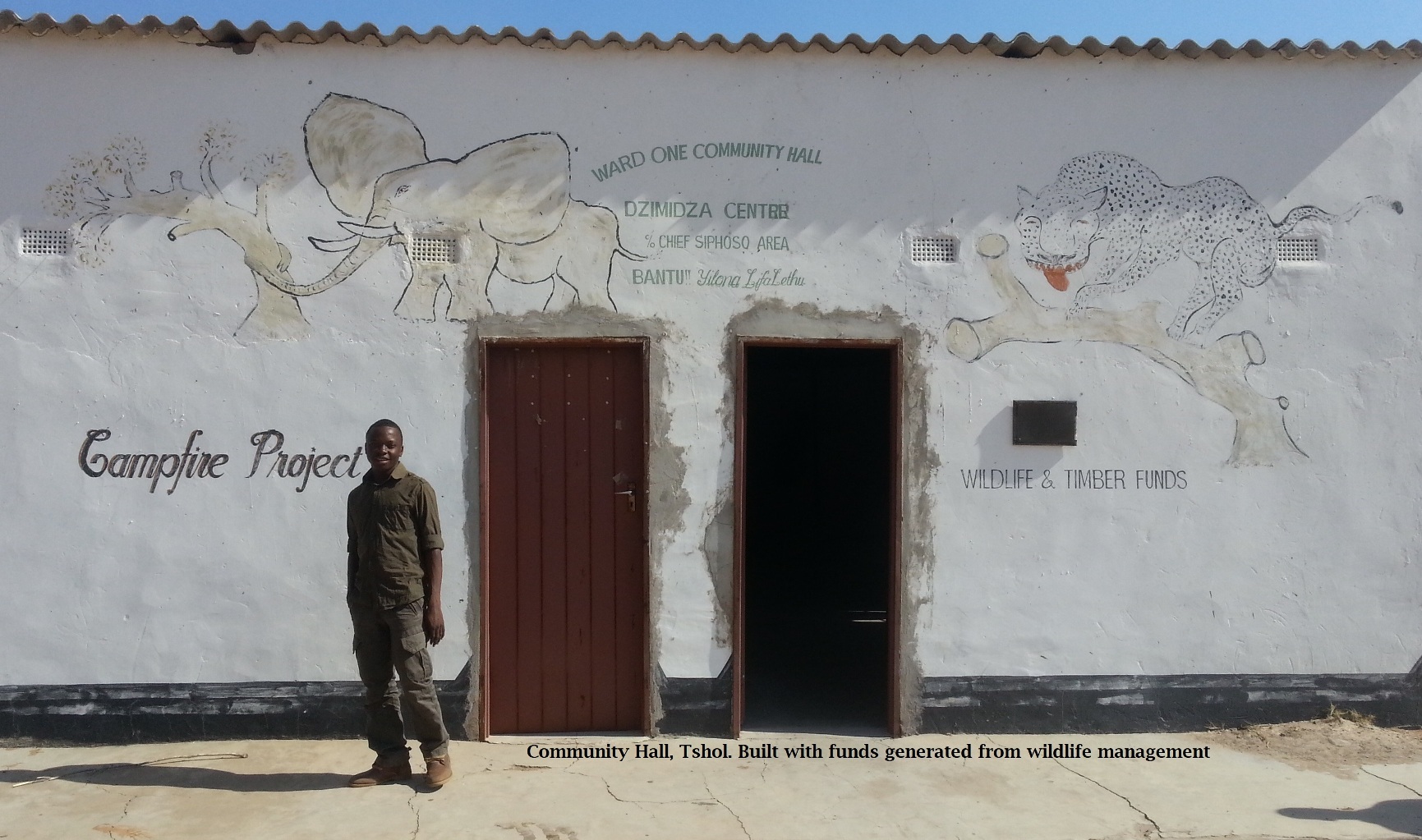CAMPFIRE Association

The Community Areas Management Programme for Indigenous Resources (CAMPFIRE) Association is a registered Private Voluntary Organization (PVO) and lead Coordinating Institution of the CAMPFIRE programme in Zimbabwe.
The Association’s mission is to promote and facilitate CAMPFIRE by engaging Rural District Councils (RDCs), their constituent communities and other relevant public and private agencies to implement and support activities conducive to the development of communal areas through the sustainable utilization of wildlife and other natural resources in communal areas.
Zimbabwe
Since the 1980s, the CAMPFIRE program has sought to improve the living standards of rural communities through the sustainable use of a range of natural resources, especially wildlife.
Besides CAMPFIRE’s positive impact on local community livelihoods, several challenges are still faced, among them; social costs of living with wildlife (Human and Wildlife conflict), crop raiding, livestock predation and human injuries and loss of life.

The CAMPFIRE programme has managed, even in the face of the COVID-19 pandemic, to generate modest conservation benefits to the communities which have provided incentives to maintaining the natural resource base. Development partners, especially in Transfrontier Conservation Areas (TFCAs), have also strengthened prospects of greater employment creation, income generation for locals through small business enterprises and maitenance of key infrastructure such as schools, roads and clinics through grant support” – Charles Jonga – Director at CAMPFIRE Association

CAMPFIRE is a CBNRM programme that harnesses wildlife and other natural resources enterprises to improve the livelihoods of people in marginal rural areas of Zimbabwe.
The programme promotes the well being of up to 800,000 households by providing direct and indirect benefits, through improved social services (e.g. schools and clinics), infrastructural projects (e.g. water provision, roads, grinding mills), as well as cash payouts from the sustainable use of their natural resources.
In doing so, the programme fosters greater involvement by rural communities in conservation as a competitive form of land use in dry areas.
CAMPFIRE is a flagship concept of CBNRM that has been practiced from the 1980s, and today remains viable in 14 districts of the country that have large wildlands and sufficient wildlife numbers, as well as other natural endowments for tourism development.

